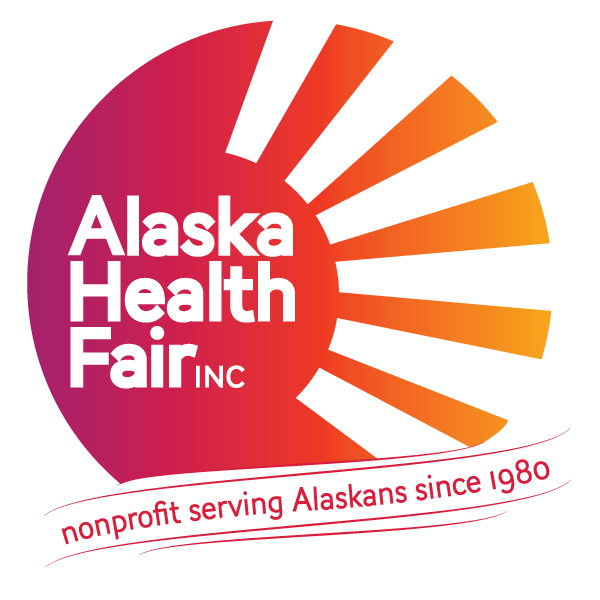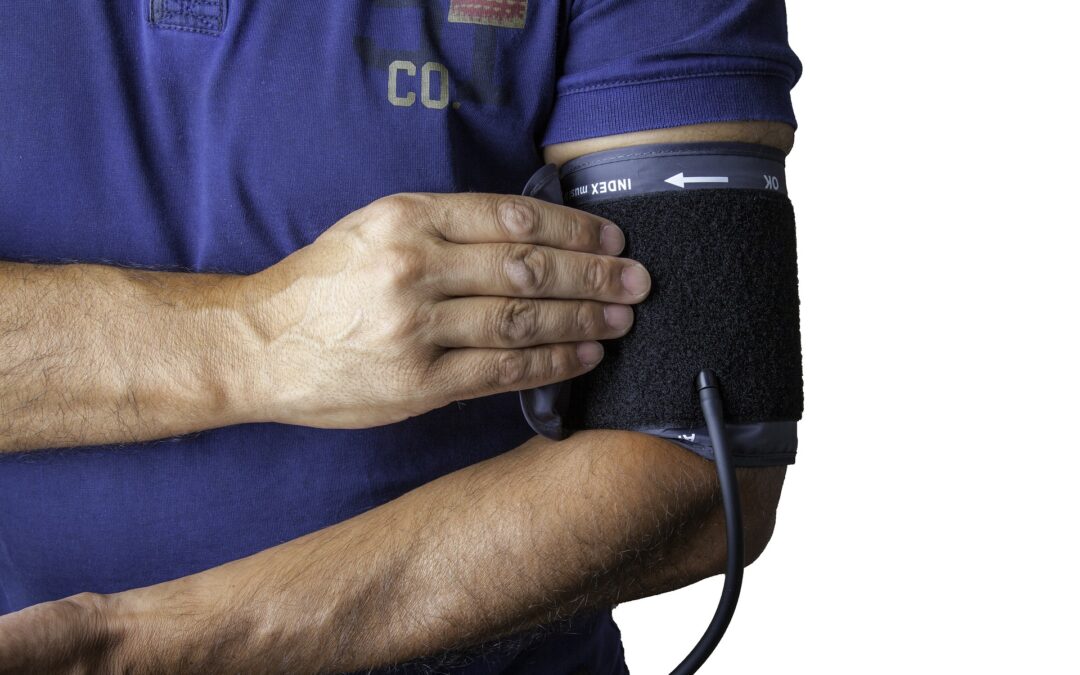According to the American Heart Association, blood pressure in adults has increased during the Covid-19 pandemic. Hypertension, or high blood pressure, affects almost half of US adults and blood pressure control is a national public health priority. The coronavirus pandemic has disrupted both daily life and routine medical care, including the treatment of chronic diseases such as hypertension.
A three-year study by the American Heart Association completed in 2018 through 2020 involving 464,585 participants from all 50 states documented that blood pressure increased during the pandemic in 2020 when compared to pre-pandemic blood pressure measurements in 2018 and 2019. Normal blood pressure is 120/80 or less.
Risk factors for high blood pressure that we can control include tobacco use, excess weight; lack of physical activity; diet high in sodium, “fast foods” and processed foods; stress and alcohol intake. Risk factors that we cannot control include family history, age and race. People who have diabetes, high cholesterol, sleep apnea and kidney disease are also at risk for high blood pressure.
Uncontrolled high blood pressure increases our risk for heart attack, stroke, kidney and eye damage as well as dementia. Blood pressure is often called the “silent killer” as there are usually no symptoms. If you have high blood pressure it is important to make an appointment with your health care provider. Treatment includes making lifestyle changes to reduce risk factors and taking medications when necessary. Healthy lifestyle helps prevent high blood pressure or if you already have high blood pressure, leading a healthy lifestyle helps reduce blood pressure.
You can check your blood pressure at AHF health fairs (now by appointment) in addition to getting a blood test for cholesterol and diabetes. See our schedule, make appointment online here.
Check out this guide on properly monitoring your blood pressure at home.
Sources:
American Heart Association, American Stroke Association
Contributed by
Linda Vlastuin, RN, MS,
AHF Kidney Health Educator

